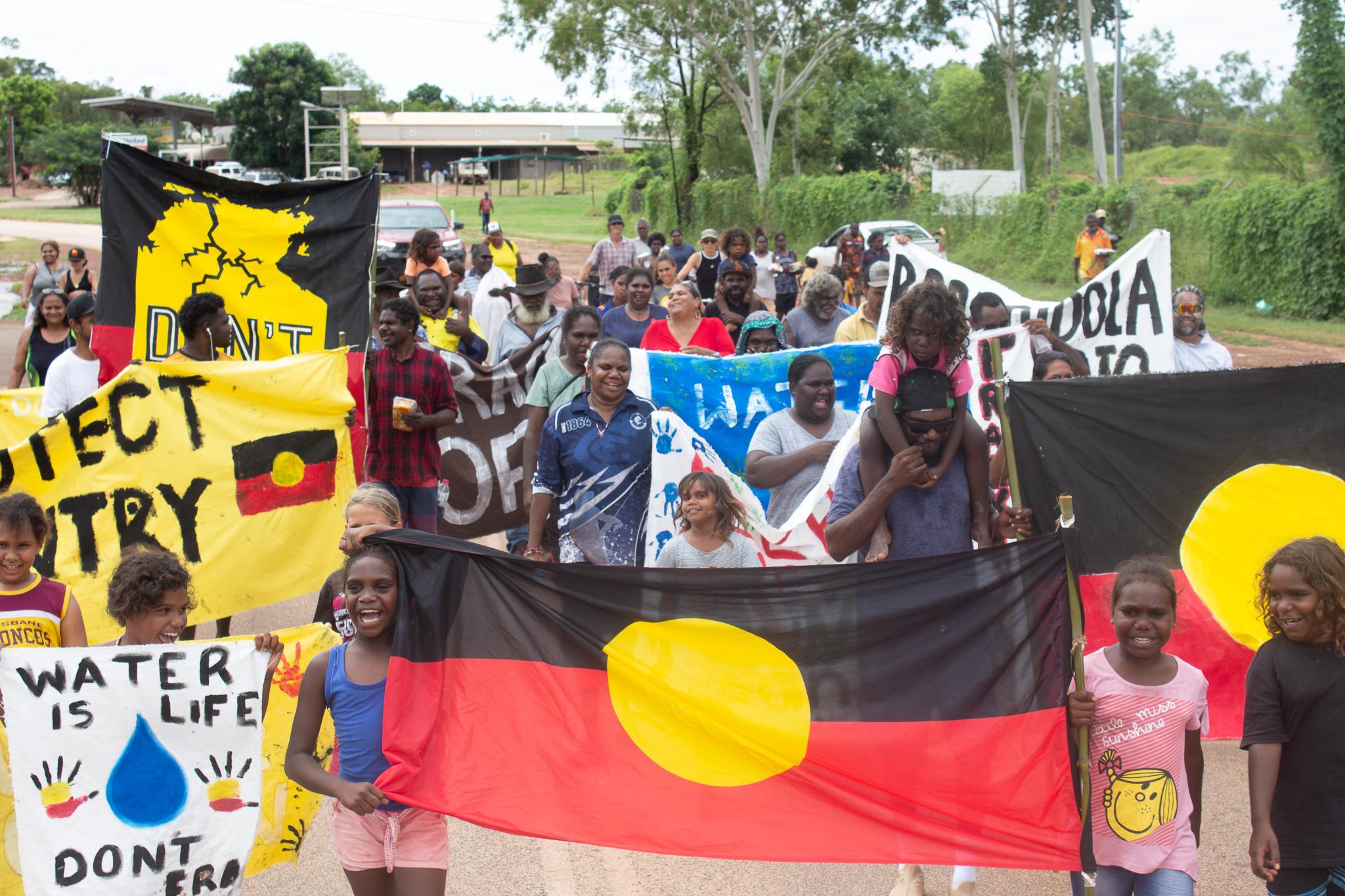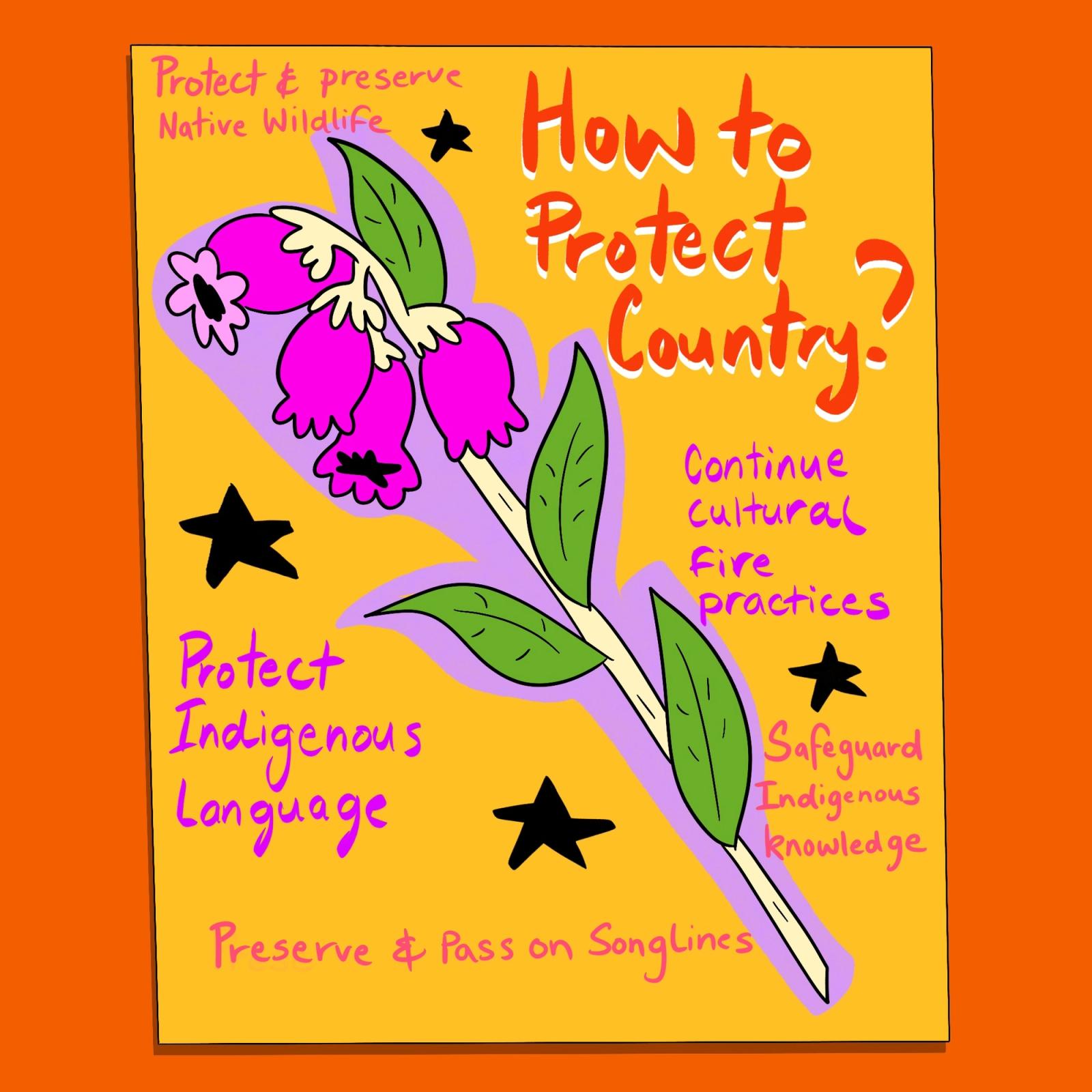
What is climate justice?
Seed is committed to climate justice, holistic justice, which encompasses not just the solutions to the climate crisis but also addressing systemic inequality. We work in solidarity with and empower those who are the most impacted by climate change and systemic oppression. Climate change is an issue of environmental and social justice. It is an issue that affects everybody, but the impacts are not evenly distributed. Too often, it’s the people who have contributed the least to the causes of climate change that are facing the most severe impacts.
What is climate justice?
We work in solidarity with and empower those who are the most impacted by climate change and systemic oppression. Climate change is an issue of environmental and social justice. It is an issue that affects everybody, but the impacts are not evenly distributed. Too often, it’s the people who have contributed the least to the causes of climate change that are facing the most severe impacts.
Climate justice refers to the fair treatment of all people and the equitable distribution of the benefits and burdens of addressing climate change. It recognises that the impacts of climate change disproportionately impact marginalised communities and vulnerable populations.
Climate justice advocates for policies and actions that address both the root causes of climate change and the social inequalities that exacerbate its effects. It emphasises the need for inclusive and participatory decision-making processes that prioritise the voices and needs of those most affected by climate change.
It is those who stand to profit the most who are the greatest contributors to emissions and climate change, however there is no noteworthy recourse or consequence for them in doing so. There is little to no action being taken by those in power to rectify this. In fact, the main contributors driving this pollution are almost always rewarded via tax exemptions and grants using public money.
Climate justice is the process of undoing this systemic issue via education, raising general awareness and by calling on those with the power to make a difference to be held accountable. We do this in order to prevent the inevitable destruction of our completely unique and irreplaceable ecosystem. So we can leave our children and all future generations of Australians a country in which they can flourish and be proud to call home.
Low-income people, communities of colour, women, youth and in particular Aboriginal and Torres Strait Islander people in Australia are on the front lines of this crisis. It’s our communities that are hit first and worst, not only by the impacts of climate change but the impacts of extractive, polluting and wasteful industries that are devastating our country and fuelling the climate crisis.
What is the climate justice movement?
As young First Nations people we face the most vulnerability to climate change impacts, we are now appearing at the forefront of the climate justice movement and are mobilising through structured youth-led networks. You can donate your time or money to support grassroots climate change projects.
Let's stand together to Protect Country
Take action and join the Seed Mob movement today.
 What is climate justice?
What is climate justice?We work in solidarity with and empower those who are the most impacted by climate change and systemic oppression. Climate change is an issue of environmental and social justice. It is an issue that affects everybody, but the impacts are not evenly distributed. Too often, it’s the people who have contributed the least to the causes of climate change that are facing the most severe impacts.
Climate justice refers to the fair treatment of all people and the equitable distribution of the benefits and burdens of addressing climate change. It recognises that the impacts of climate change disproportionately impact marginalised communities and vulnerable populations.
Climate justice advocates for policies and actions that address both the root causes of climate change and the social inequalities that exacerbate its effects. It emphasises the need for inclusive and participatory decision-making processes that prioritise the voices and needs of those most affected by climate change.
It is those who stand to profit the most who are the greatest contributors to emissions and climate change, however there is no noteworthy recourse or consequence for them in doing so. There is little to no action being taken by those in power to rectify this. In fact, the main contributors driving this pollution are almost always rewarded via tax exemptions and grants using public money.
Climate justice is the process of undoing this systemic issue via education, raising general awareness and by calling on those with the power to make a difference to be held accountable. We do this in order to prevent the inevitable destruction of our completely unique and irreplaceable ecosystem. So we can leave our children and all future generations of Australians a country in which they can flourish and be proud to call home.
Low-income people, communities of colour, women, youth and in particular Aboriginal and Torres Strait Islander people in Australia are on the front lines of this crisis. It’s our communities that are hit first and worst, not only by the impacts of climate change but the impacts of extractive, polluting and wasteful industries that are devastating our country and fuelling the climate crisis.
What is the climate justice movement?
As young First Nations people we face the most vulnerability to climate change impacts, we are now appearing at the forefront of the climate justice movement and are mobilising through structured youth-led networks. You can donate your time or money to support grassroots climate change projects.